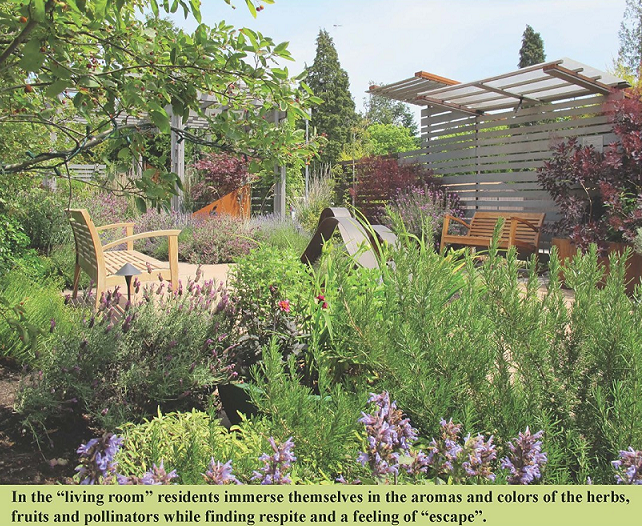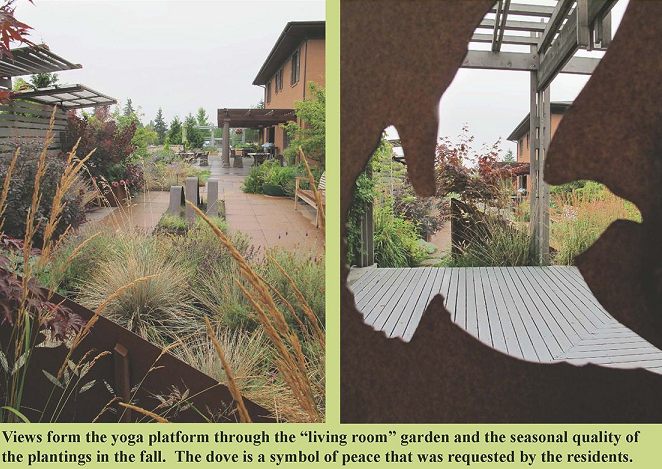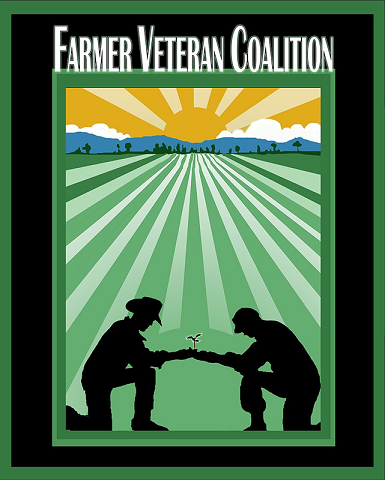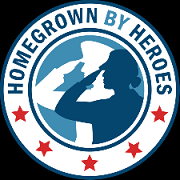|
There
are some pretty wonderful gardening therapy and farming programs for
Veterans VA Boston Healthcare System In the US, the VA Hospitals have been utilizing the benefits of horticultural therapy through a variety of programs. There are green houses where veterans can participate in activities. Raised planters allow many of the veterans with disabilities to participate in a wide range of garden related events. Some VA Hospitals have plant nurseries where the Veterans can grow many of the plants that are installed within the community. Horticultural Therapists have been developing these and other horticulture programs that provide healing for the Veterans and their family members. Programs include activities for Veterans with Alzheimer’s disease, Post Traumatic Stress Syndrome (PTSD), and other illnesses. The horticulture programs are used to help those individuals who are in need of job training or who may be homeless. There is a great need to focus more attention on this subject in order to increase the number of programs in VA communities. Veterans in Boston are learning the benefits of gardening through their Veterans Greenhouse and Gardens Program, which incorporates gardening into their medical treatment. Veterans are finding that horticultural therapy can help improve their health, alongside their medical treatments. Through light activity, time in nature, and access to fresh fruits and vegetables, Veterans can benefit from gardening in many ways. If you are interested in gardening, check if your VA has a Veterans Greenhouse and Gardens Program, or start a garden of your own. Veterans Greenhouse and Gardens Program: The Healing Properties of Dirt The Veterans Greenhouse and Gardens Program at the Brockton campus, offers the kind of therapy not found in groups, stored in tubes, or administered through needles. The greenhouse and surrounding gardens, boast a new Koi pond and are brimming with house plants, tropical flowers, cut annuals, vegetables and herbs, all cultivated from start to finish by program staff, patients and volunteers. Jeff Munsell, a Navy Veteran who works in the program explains that the therapy involves watering and feeding, transplanting and propagating, outdoor gardening of flowers and vegetables, landscaping, flower arranging and seasonal horticultural projects such as seed starting, pumpkin decorating, poinsettia growing, holiday craft making, container painting and herb and flower drying. Munsell works as the program’s farmer, planning and designing the commercial vegetable and flower garden section and he shares his horticultural skills with the other Veterans. Other Veterans work in the program up to five days per week. Some work in the Incentive Therapy Program receiving a stipend and horticultural therapy in a peaceful, green work environment. Some work in the Compensated Work Therapy Program, where they are paid at least minimum wage. Veterans from both programs gain valuable skills that may transfer into civilian employment. Lewis Kalesnik, a Veteran and U.S. Postal employee paralyzed from the chest down due to an accident, has been the greenhouse top-seller for its commercial wares for the past ten years. “Working in the greenhouse keeps my mind clear, I get out and meet people, it keeps me active,” he said. “It beats sitting in my room by myself.” Other volunteers at the greenhouse are retired Veterans coming to stand side by side with those less fortunate, people from the community and some students from nearby colleges and high schools. From veggies, cut flowers and
arrangements to special order holiday items, the Veterans Greenhouse and
Gardens Program works year round to bring their harvest to market while
helping our Veterans grow at the same time. The greenhouse has annuals,
perennials, exotics and tropical plants for home or yard. The program also
grows plants for different holidays such as shamrocks, geraniums, mums and
poinsettias. Fisher House, Puget Sound A spectacular healing garden for Veterans and their families.
The gardens at the Fisher House in the Veterans Administration Medical Center offer a place that is familiar and creates a sense of belonging and connection. Residents use the gardens for exercise, children's play, contemplation, gardening, sensory stimulation and escape, all qualities that the families requested and felt were important to their well-being, and to what would help them endure the stress and uncertainty they face while residing at the Fisher House for medical treatment. Evidence suggests that incorporating environments that support emotional and spiritual recovery will increase the quality of the experience and coping ability of the participants. Our goal was to create a counter point to the institutional landscape. The therapeutic natural oasis would provide residents with a sensory-rich alternative environment that gives them a sense of control, where family members can escape from the stress, boredom and uncertainty of their situation.
In addition to the therapeutic
benefits the garden was certified by the National Wildlife Foundation as a
landscape habitat that supports
|
||||||||||










